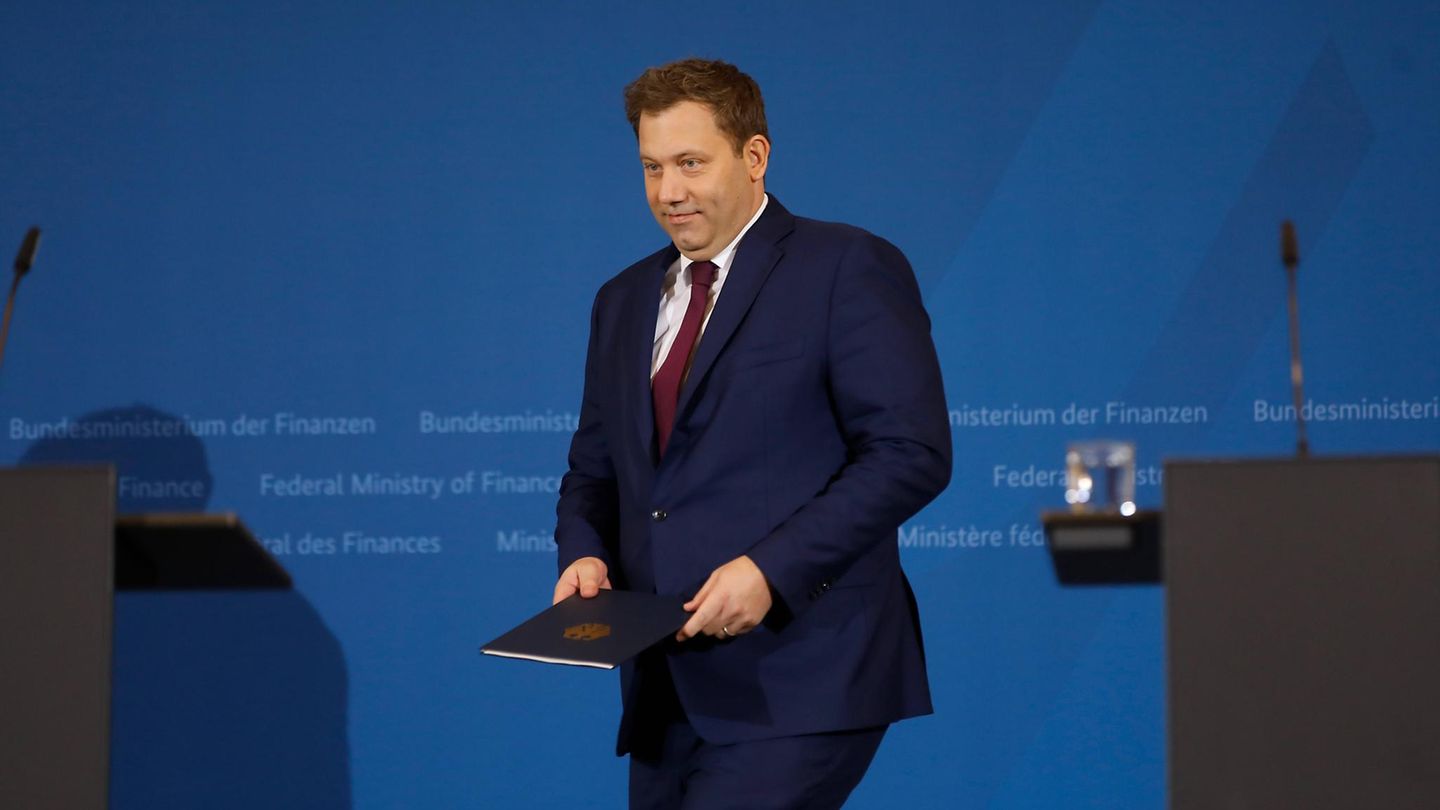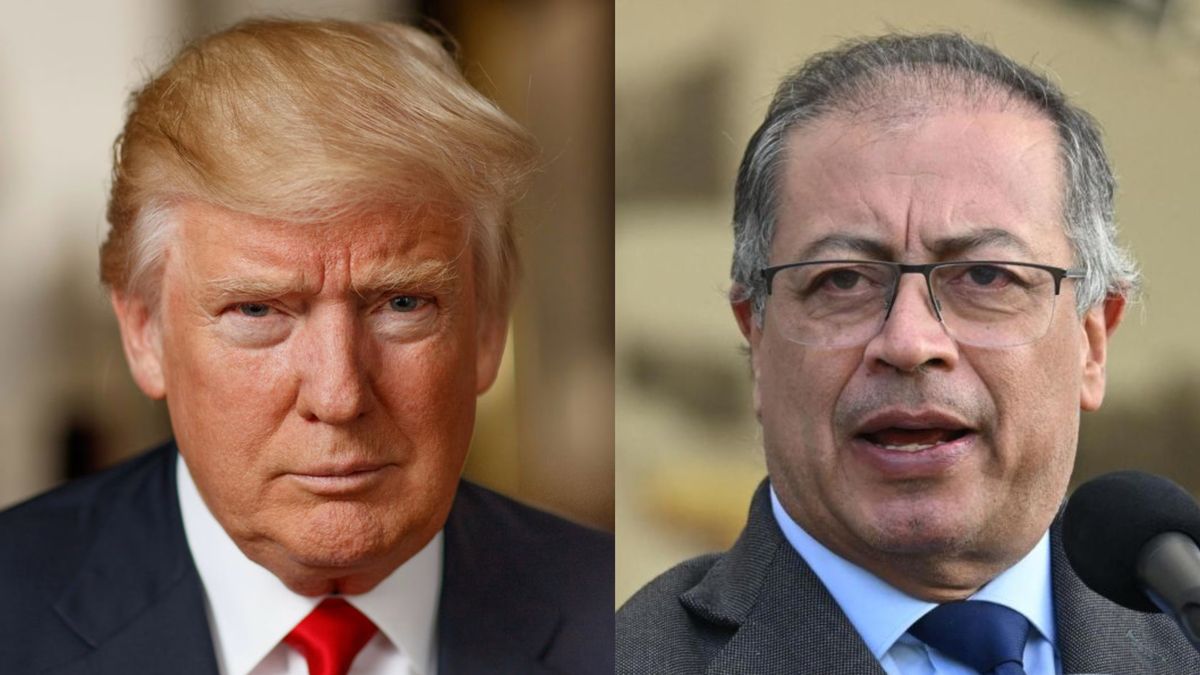Higher than expected
More tax revenue for Klingbeil – but still no relief
Copy the current link
Add to watchlist
For Lars Klingbeil, the tax estimate did not go as hoped: the state will probably collect a little more taxes in the next few years. But the federal government does not benefit from this.
The state can expect a little more tax revenue in the next few years – but Finance Minister Lars Klingbeil’s budget concerns are far from over. If you look at the federal government alone, according to the tax estimators’ forecast, only exactly as much will come in by 2029 as assumed in May – so the Vice Chancellor cannot plan for additional money.
“The pressure to consolidate in the federal budget remains high,” said Klingbeil. “With a view to the budget gaps from 2027 onwards, we will continue to pursue a strict consolidation course: all ministries remain required to make savings.”
The SPD leader is faced with a mammoth task: He has to make it clear to his cabinet colleagues that, despite unique debt flexibility, they have no money for dream projects. Because Klingbeil’s planning for the years 2027 to 2029 is missing 172 billion euros. It is the largest budget gap that has ever existed in the history of the Federal Republic – larger than at the time of reunification, the financial crisis or the Corona crisis. And this despite the fact that Klingbeil will be able to take out almost unlimited loans in certain areas over the next few years.
This is exactly how the tax estimate turns out
The tax estimators are experts from the federal government, the leading economic research institutes, the Federal Statistical Office, the Bundesbank, the Council of Experts as well as the states and municipalities. Twice a year they predict how federal, state and local tax revenue will develop.
For the coming year they expect 10.6 billion euros more revenue for the state as a whole than in May. 33.6 billion more are expected to come in up to and including 2029. Above all, however, states and municipalities benefit from this. The federal government can still expect additional revenue of 4.9 billion euros for the coming year. However, significantly less is predicted for 2028 and 2029 than previously thought. “The federal government largely bears the costs of the growth booster with which we stimulate the economy. Therefore, the federal government benefits little from additional tax revenue,” explained Klingbeil.
Why the forecast turns out this way
The fact that things look relatively positive overall is mainly due to the economic expectations. The federal government expects the economy to pick up again after years of slump and that its support measures will take effect. These are, for example, more generous depreciation rules for companies that invest in Germany. The planned investments from the debt-financed special fund worth billions are also intended to stimulate the economy. A better economy automatically means higher tax revenue. However, the long-term expectations are apparently not so positive.
What this means for Klingbeil’s household
The finance minister must use these figures to plan his budget. The budget for the coming year is already more or less finalized: the Bundestag committees are currently discussing it and it is expected to be decided at the end of November.
There are no oversized gaps. The scope could possibly be a little larger if Klingbeil can save leftover expenses from this year into the next. There are likely to be a few billion left over from the 2025 budget, which is only valid for three months, because the ministries are unable to spend the money on time.
Why there is still enormous pressure to save money
This is mainly due to the problem budgets for 2027 to 2029. Klingbeil has new debt flexibility and is planning new loans of more than 860 billion euros in this election period. But the new options only apply to defense and additional investments in infrastructure and climate protection. The debt brake continues to apply to the rest of the core budget. This means that expenses may only slightly exceed income.
But they do this clearly in Klingbeil’s financial planning: so far there has been a gap of 34.2 billion euros for 2027. Here the tax estimate now brings a mini-relief of one billion euros.
According to the tax estimates, things look even bleaker for the rest of the legislative period – revenues are below previous expectations. In addition, the debt-financed special pot for the Bundeswehr is likely to have been used up and debts from the Corona period will have to be repaid.
What ideas the coalition has
For 2027, the heads of the coalition parties – in addition to Klingbeil, Chancellor Friedrich Merz (CDU) and Markus Söder (CSU) – want to present an austerity package “around the turn of the year”. Ideas are currently being collected. Cuts in subsidies and funding programs are possible, and a higher inheritance tax is also being discussed, although the revenue from this goes to the states.
Klingbeil said on the ARD program “Caren Miosga”: “We will have to do something about the welfare state, about care, about pensions and about health.” But it will only work if you dare to “reach out to those who have a lot of money in this country.”
DPA
lpb
Source: Stern






